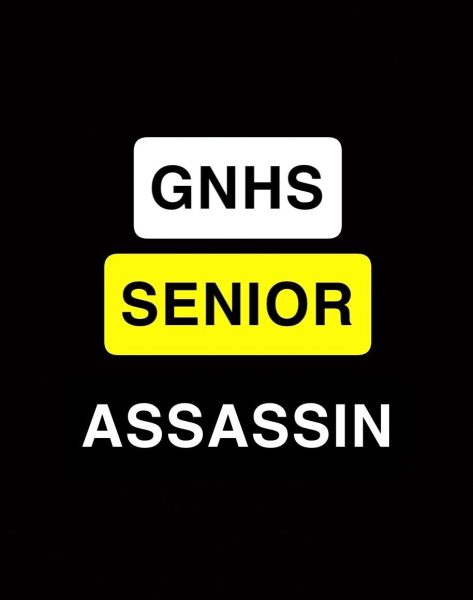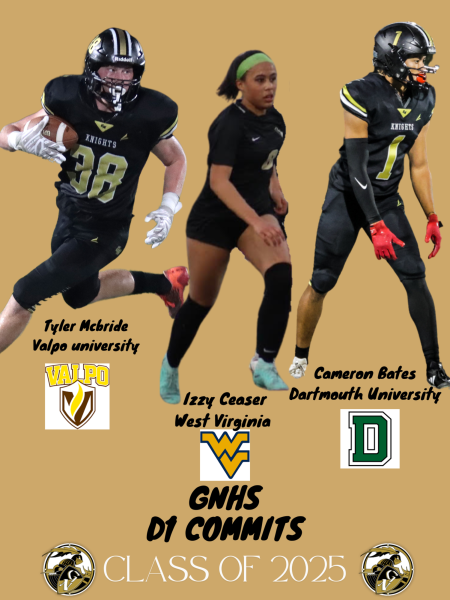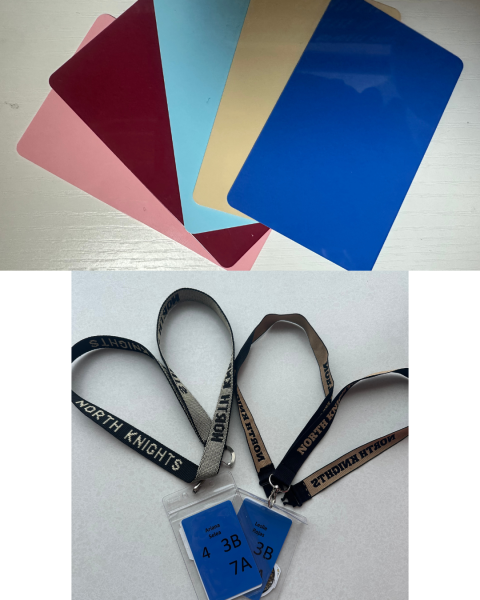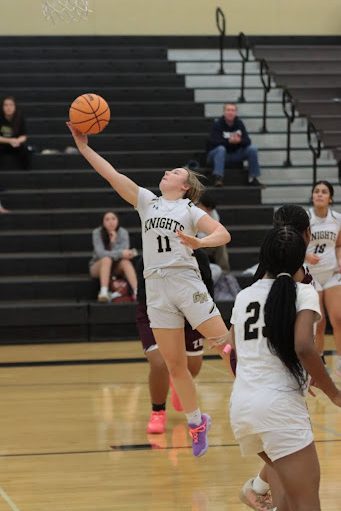North teachers travel outside of classroom
Physics teacher Paul Holder and special education teacher Jeremy Paul recently travelled to Notre Dame University in Notre Dame, IN, to attend a conference focused on educating teachers about improving their classroom through implementing non-cognitive learning skills.
The opportunity, titled The Notre Dame Excellence in Teaching Conference, took place Oct. 25-26. While there, Holder and Paul attended a variety of workshops and presentations given by experts in the field.
“It was great going to a conference where the environment was focused and professional. The presenters were international leaders and ground breakers in their field,” Holder said. “It was a positive experience to discuss successes and failures in teaching with teachers from many different types of schools from around the nation.”
For Paul, the workshops provided strategies to implement into his classes, including SHIELDS, a period that focuses on teaching students about organization and critical thinking skills in math, reading and writing.
“We attended a workshop about non-cognitive skills, and it was my favorite overall. They brought up different research of what it takes to be successful at every level, not just in school. Students can be intelligent but lack non-cognitive skills to be successful in school. It’s important to have these skills to succeed in life,” he said.
The educators were chosen by the founders of the conference after writing an essay, and between the school and the Booster Club, all expenses were paid.
Aside from Holder and Paul’s own reasons for attending the conference, the district also had goals for sending the educators.
“Our hope is for them to learn new and innovative ideas that can ripple into classrooms and create student leaders,” said associate principal for curriculum and instruction Jeff Schagrin.
After attending the conference, both Holder and Paul have goals regarding non-cognitive skills that they will work on going forward.
“I really want to reinforce non-cognitive skills and look at the correlation between work ethic and success,” Holder said. “College success, and success in general, is more likely for hard-working students.”
“I want to include more non-cognitive skills in the curriculum for SHIELDS,” Paul said. “If I can implement those into the class, I can help students succeed in life.”
On the other side of the spectrum, life sciences department chair Laura Bertermann recently presented to teachers regarding standards-based grading. Chemistry and physics teacher Tracee Nurzcyk went with her.
“We presented at a brand new organization called NISE, which stands for Northern Illinois Science Educators. It’s been six years since we started standards based grading here. We talked about things we’ve learned, what we currently do and specific assignments,” she said.
Presenting is just as important as attending conferences, according to Bertermann.
“It’s important because teaching can be very isolating. In a classroom, it’s just you and the kids, but what makes presentations and events so important is that you’re reinforced outside your building. We’re getting our name out there as a new and innovative school, and that’s important because this is really a great school,” she said.





